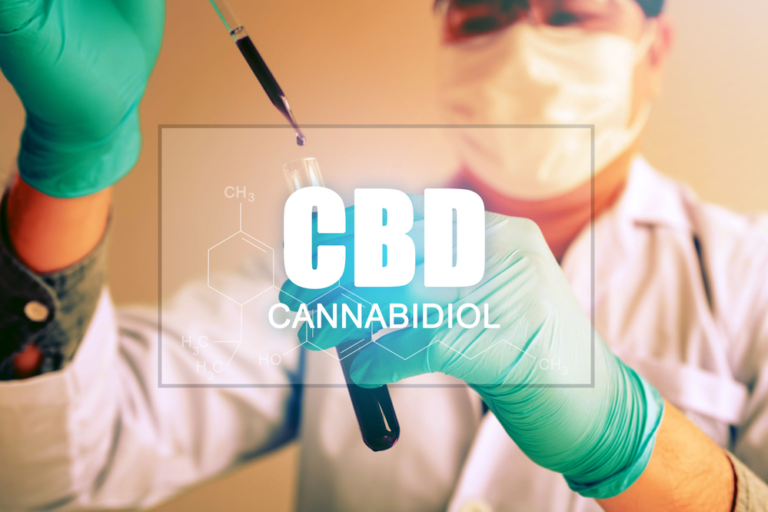
Will this further delay dietary supplement and food and beverage approvals?
In July, FDA submitted a report to the U.S. House and Senate appropriations committees on “Sampling Study of the Current Cannabidiol Marketplace to Determine the Extent that Products Are Mislabeled or Adulterated (pdf).” The report was developed in response to a directive to perform a sampling study of the CBD marketplace to determine the extent to which products are mislabeled or adulterated.
The 2018 Farm Bill removed hemp and hemp-derived products from the Controlled Substances Act (including hemp derived CBD), but reserved FDA’s authority to regulate hemp and its derivatives pursuant to the Food, Drug, and Cosmetic Act. While many CBD products are on the market, and there is a great deal of public interest in the further legalization of CBD products, FDA continues to consider any food, beverage, or dietary supplement containing CBD to be illegal and has questions and concerns about their safety. This is, in part because the agency “lacks significant information on what CBD-containing products are on the market and there are little data available on the products themselves.” However, FDA enforcement of this policy has been very limited, which has left the CBD market largely unregulated, creating the wild west scenario we find in the industry as it operates without clear and consistent guidance and enforcement from FDA.
FDA testing on CBD products from 2014 through 2020 is showing products to have significant quality and labeling issues, with many having 20% more or less CBD than that declared on the label and/or undeclared THC.
- 2014-2018. Of 78 CBD products tested through the end of 2018, 46 contained some level of THC and 11 contained no detectable levels of CBD.
- 2019. Of 34 products tested, all the edible products/beverages and 60% of the oil products had 20% more or less than the CBD amount claimed on the label, and 11 products contained undisclosed THC.
- 2020. FDA has tested 147 products thus far this year. Of those, 85% had 20% more or less than the CBD amount claimed on the label, with 9 products containing no detectable CBD at all. Nearly half (49%) also contained detectable THC.
The results, showing an ongoing lack of quality and safety controls, don’t bode particularly well for FDA’s clearing of CBD in foods or even its declaration as a dietary supplement – especially because it is exactly such concerns that has held FDA back from approving CBD products. It is particularly concerning because, as the report stated, FDA’s decision to test particular products was based on certain risk factors, so the agency does not know the extent to which the testing is representative of the overall market during this time period.
Because of this FDA is not stopping its research or basing its approval determinations on these limited studies. Rather, the agency plans to initiate a new sampling/testing study this year to be conducted by a third party. The study will analyze nine key product categories (tinctures, oils, and extracts; capsules and powders; gummies; water and other beverages; other conventional foods; leave-on cosmetic products, like face and body lotions; device and combination products, vape cartridges, and pet products) for 11 cannabinoids, including a quantitative determination of total CBD, THC, along with arsenic, cadmium, mercury, and lead.
While quality and label accuracy are definite issues, likely of greatest concern to both FDA and consumers is the presence of non-labeled THC in so many products. In fact, two of the products in the 2014-2018 study had such high levels of THC that they were referred to the Drug Enforcement Agency (DEA). Until FDA feels comfortable with both the quality, safety, and label accuracy of CBD products, the agency is unlikely to move forward with use approvals. So, it is critical that the industry take further steps to ensure these and assure FDA that CBD is consumer-ready.
It can be difficult to keep up with all the evolving regulations and standards of this industry while maintaining focus on your operational productivity, quality, and safety. But the HashTAG team has expertise to help you meet all standards, regulations, and quality and safety needs – while minimizing risk and protecting your brand. Give us a call today.





